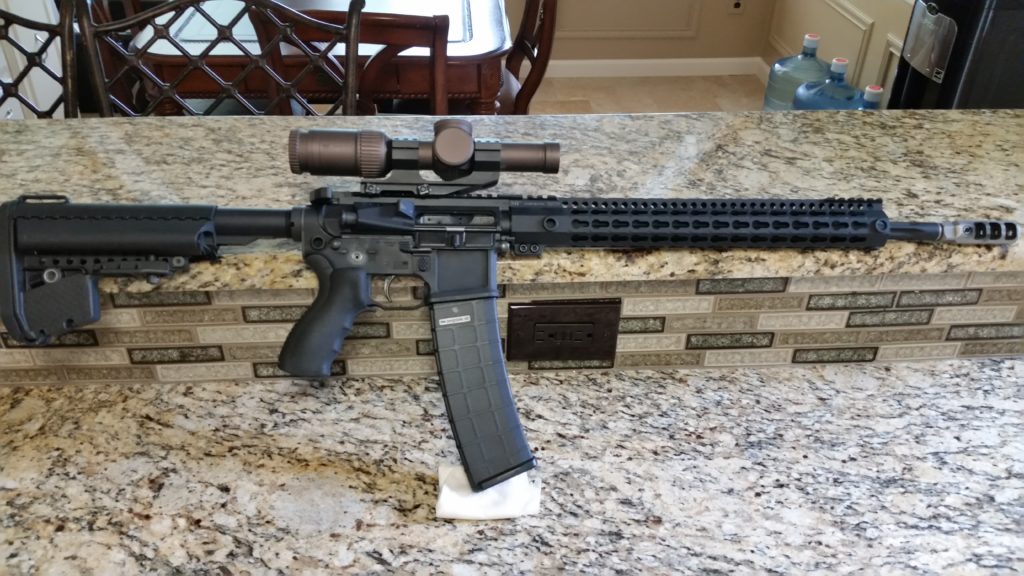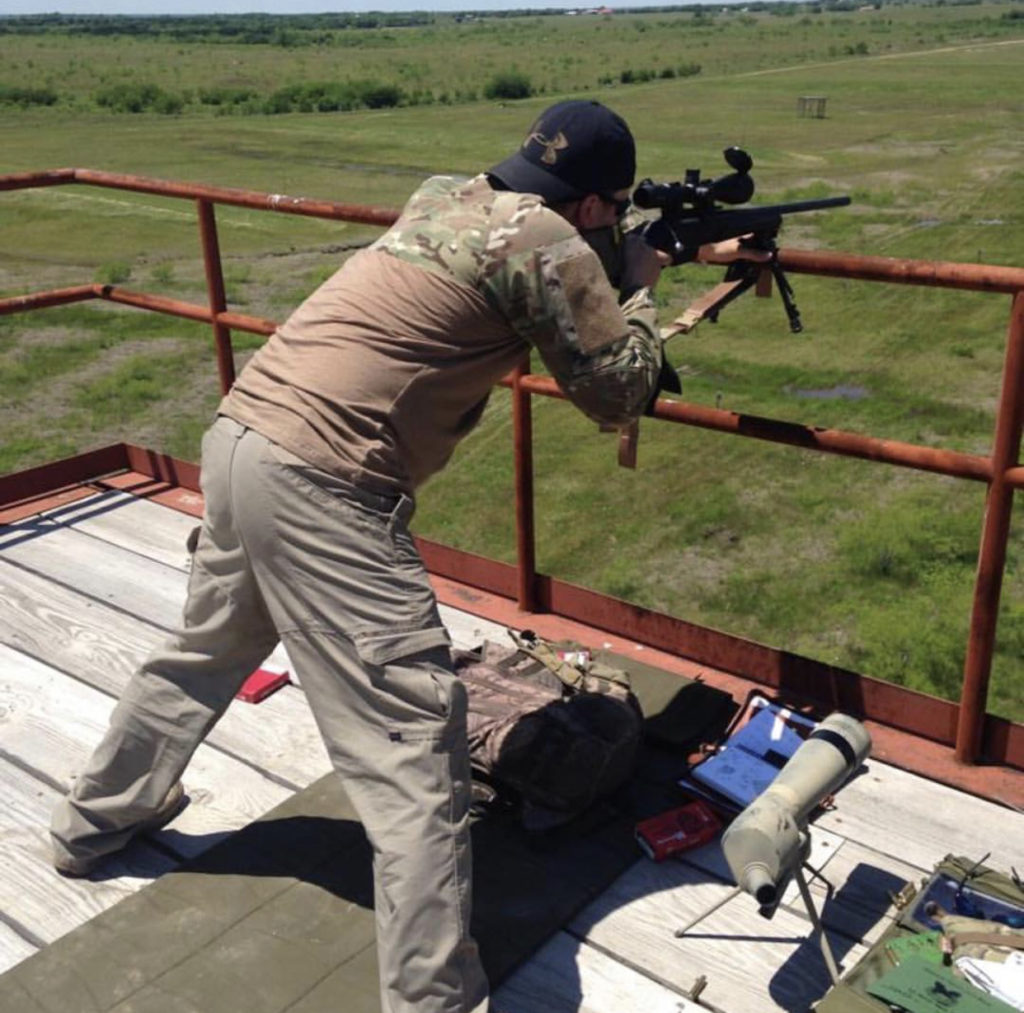I get into a lot of interesting conversations on the internet about guns. I was having one such conversation today where a fellow was adamantly defending a brand that is pretty widely accepted by experts as inferior. As a matter of fact the brand was banned by name & likely still is, from many police department duty weapon lists. But people make purchases and then feel the need to defend them. You can see it with Ford vs Chevy vs Dodge guys and it’s no less common in the gun world. I find the emotional attachment to a tool such as a truck or a gun an odd phenomenon but it exists. The first thing you’ll hear is “mine has never failed.” Ok, fine but how much & how hard have you really used or tested it? Does one example of non failure negate the ones that did? How much are you willing to bank on that? When faced with this logic the nearly guaranteed rebuttal will be “all brands will have some failures”. That’s true.

The rub lies in the frequency, the severity and the path to resolution. Frequency might be best viewed in percentages and resolution is where customer service comes in. In a self defense gun or a gun I’m taking on a $10k once in a lifetime hunting trip, the frequency better be low and equivalent to the acceptable percentage of critical airplane parts’ failure. In my kid’s 22lr range toy, I might accept a little less reliability. If the severity is low enough, it isn’t dangerous, and the customer service is good enough it’s easily resolved…assuming initial price was low enough to suck me in.
The fellow on the other side of this convo said you don’t need name brand, more costly guns. Well in my line of work, the potential for needing to use my gun is a whole lot higher than most folks and failure has dire consequences.
It’s up to you to assess your situation and decide what you are willing to invest for reliability & what fits your situation.

If I lived in Lebanon, Kansas, I might not need a yacht. And if I lived in Key West, Florida, I probably wouldn’t need a 4×4 with a snow plow. With proper application of logic, you are the best person to assess your personal situation and determine your needs. Then find a source with objectivity, minimal bias, and no ulterior motives to get data from to make educated purchasing decisions.
